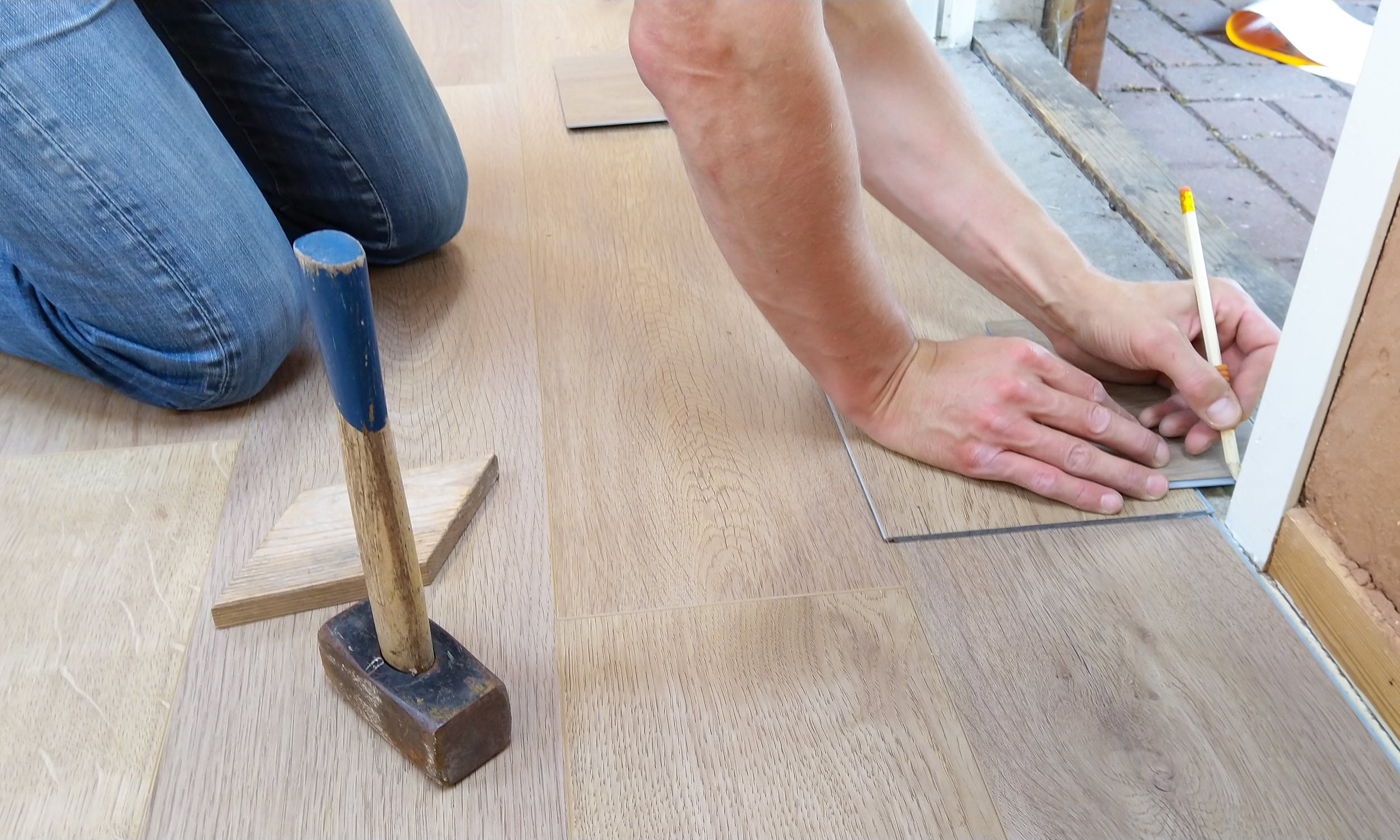
Whether you’re renovating a kitchen or bathroom or reinventing the entire house from floor to ceiling, the most crucial factor will be your budget. Even renovators with seemingly luxurious budgets can find themselves running out of funds if they don’t keep a close watch on their spending. In the majority of cases, taking out loans or running up credit card debt is rarely worth it and if you know how to cut costs (and have some patience), you won’t need to deal with the extra stress. This guide will take you through some of the vital money-saving considerations you need to keep in mind during your home renovation project.
Have a Budget from Day One
Having a budget does not mean that you are doing things ‘on the cheap.’ It merely means that you know how much money you have and how much you are prepared to spend on the project. We budget for everything in our lives from the weekly grocery shop to our annual vacation, using those budgets to make decisions about what will fit into our budget and what is an unnecessary expense.
Start your renovation with a dollar figure that you are able to spend and create a spreadsheet which includes all the fixtures, fittings, materials and furnishings you need (you may need to call a few professional laborers for quotes). When you’ve got the total cost in front of you, you can start to identify where you’re spending big chunks of the budget and can make changes as needed. Of course, plans rarely run smoothly in a home renovation, so it’s also a good idea to allow around 10% extra for flexibility.
Avoid Using Credit Cards
While it’s tempting to use credit cards or take out a loan during a home renovation project, in the long run, this will increase the overall cost through interest charges. Try to pay for the renovation with money you already have. It might mean saving up for a few months before you start, but it’s absolutely worth it to avoid longer-term debt. The exception to this is when you are renovating in order to increase your home’s sale value. For example, with the extra money you receive in the sale, you may be able to pay the loan back and possibly even have some leftover.
Plan the Project Before You Start
If you do need to save up for a while before you start renovating, you may actually find this an advantage. Often people will rush into a renovation project and try to do too much at once. It can lead to making decisions under stress or wasted money which you might regret later. Take the time to plan your project one room at a time. Start with the most complex and try to finish a room before moving on to the next to avoid having several unfinished rooms.
DIY as Much as You Can
If you can do a job yourself, you can save yourself a lot of money in labor. YouTube has a vast range of instructional videos which can take you through home renovation step by step. In addition, even if you’re not confident with DIY or just want to use professional painters, you can still save yourself some money by preparing the room before the professionals arrive. You’ll be paying them to work by the hour, so the less they have to clear and clean before they begin, the less they’ll charge you.
Use Professionals When You Need To
There are, however, some jobs which you shouldn’t attempt to DIY. For example, moving utility pipes or electrical work requires someone with the skills and experience to ensure the job is completed safely. You may also need permits for some of the work if you need to take walls down or add load-bearing beams. You can find a residential electrician online should you need, which is faster and more efficient than sourcing yourself or through word of mouth. To save money but still get a high-quality job, you should always shop around and compare quotes, experience, and customer reviews. You could also try to get the work completed during a quieter season as you may find their prices are more competitive.
Use Recycled Materials and Upcycled Furniture
Remember, you don’t necessarily have to buy new appliances, materials or furniture. There are plenty of buying/selling/trading websites such as OfferUp, Craigslist, or Facebook Marketplace, where people will offer used materials and furniture for low prices, or even for free. Salvage yards and auctions can also have hidden gems on offer or even charity stores like Habitat for Humanity ReStores. That doesn’t mean you can’t splash out on statement pieces which you’ve got your heart set on. By saving money on the less noticeable items, you can redirect your budget where it matters most. In addition, you can also sell items that you don’t want any more such as old light fittings or furniture the same buying/selling websites which can give your budget an extra boost.
A house renovation doesn’t have to be expensive! There are many ways you can update your home without breaking the bank. The above six ways are key to keep in mind next time you decide to redecorate and refresh your home.


